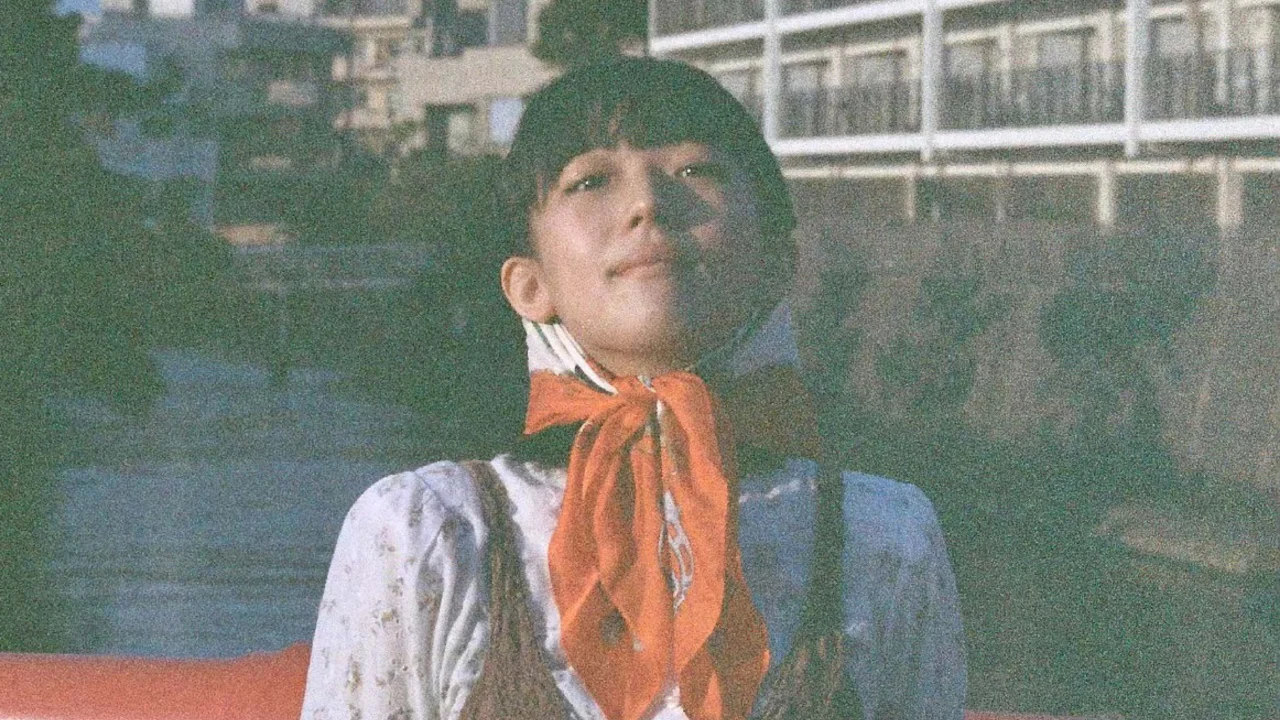Music festivals have become everyone’s activities much like summer festivals, pools, skiing, and snowboarding, as leisure activities. The question arises: What meanings and roles do the “festivals” held across various regions currently embody, and how are they evolving?
In this interview, we spoke with music sociologist Junichi Nagai, who is conducting research on rock festivals. We delved into how festivals in Japan have changed amid the transformative period of COVID-19, how they are addressing social issues such as race and gender, which are also significant in overseas festivals. Furthermore, considering discussions in his book “The Sociology of Rock Festivals: Exploring Celebrations in an Individualized Society,” we explored the interplay between the Millennial generation and festivals, and what significance festivals hold for Generation Z. The conversation aims to contemplate the significance of “festivals,” which have evolved beyond mere celebrations for music enthusiasts.
INDEX

Born in 1977 in Hyogo Prefecture, Junichi Nagai is an associate professor at the Faculty of Sociology at Kansai International University. He holds a Ph.D. in Sociology and specializes in the sociology of music and media studies. Nagai conducts research on the relationship between society and music festivals, exploring events around the world. His publications include “The Sociology of Rock Festivals: Exploring Celebrations in an Individualized Society” (2016, Minerva Shobo), co-authored works such as “How Have We Interacted with Western Music?” (2019, Hanadensha), and “Critical Word: Expanding and Updating the Act of Listening to Popular Music” (2023, Film Art Sha).
INDEX
Unlocking Business Potential: Festivals as Lucrative Opportunities in the Post Pandemic
In 2021, Mr. Nagai is writing a book entitled “Research Report on Live Performances after the Corona Disaster” (2021, Japan Popular Music Society). Now that the Corona disaster is under control, what do you think are the differences in festivals before and after the Corona disaster?
Nagai: Actually, I feel that there is a disconnect between the public’s perception of festivals and the reality. This is because I believe that after the summer of 2022, the market and the content of festivals had almost returned to their original state, albeit with some restrictions.
When I did the research for the “Survey Report on the Corona Disaster Live Music” in 2020, I was spending my days in a hopeless mood. 2021 was also very windy, and “Fuji Rock Festival (FUJI ROCK FESTIVAL)” was eerie, like a wake, even though there were many people there.
-So 2022 was a turning point from that situation.
Nagai: Yes, I have the impression that the festival resumed smoothly in the summer of 2022, with masks but no alcohol allowed, and people could eat and drink with their friends and have a normal time at the festival.
So when in 2023, when they said, “Starting this year, everything will be back to normal,” the only changes were the optional wearing of masks and the lifting of the ban on speaking out, so I wondered if it would be that different from the previous year. I wondered if it would be that different from the previous year. But in fact, it was different.
-What was the biggest difference?
Nagai: The biggest difference is in terms of social norms: until 2022, people felt guilty about participating, but now they can participate in festivals without hesitation.

I think that the Corona Disaster has also popularized festival participation via video streaming. What are your thoughts on festival distribution?
Nagai: Although distribution was active from 2020 to 2021, I don’t think it took root strongly at domestic festivals. I have also heard that the sales of performances by individual artists were better, so I think that the current situation is different from what we had hoped for.
However, some of the large overseas festivals were enhancing their brand power through distribution, and although there was no festival in 2023, I think many people used distribution for “Fuji Rock” as well.
-So you are saying that the on-site is more important than the distribution. Is there anything that you have noticed as the current situation of festivals?
Nagai: I feel that the number of emerging festivals is increasing. I think that the festivals were probably held in 2023 after having been prepared for 2020-2022, but there are more and more small-scale festivals that have the flavor of local festivals but also have a business-like feel.
I think the background is that festivals are now attracting more attention as a business venue than they did 5-6 years ago, and companies are entering the scene as sponsors and organizers.
Why are festivals attracting more attention in the business scene than in the past?
Nagai: Local businesses and festivals are becoming linked. For example, it is easy to understand that there are festivals sponsored by craft beer companies (such as “Craft Rock Festival” organized by Craft Rock Brewing and “Mugi-no-Aki Music Festival” organized by Kyodo Shoji Coed Brewery).
























